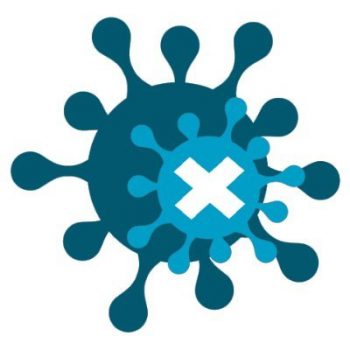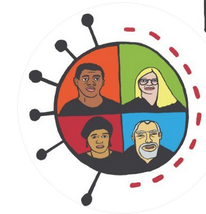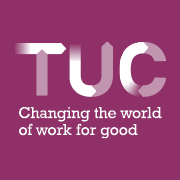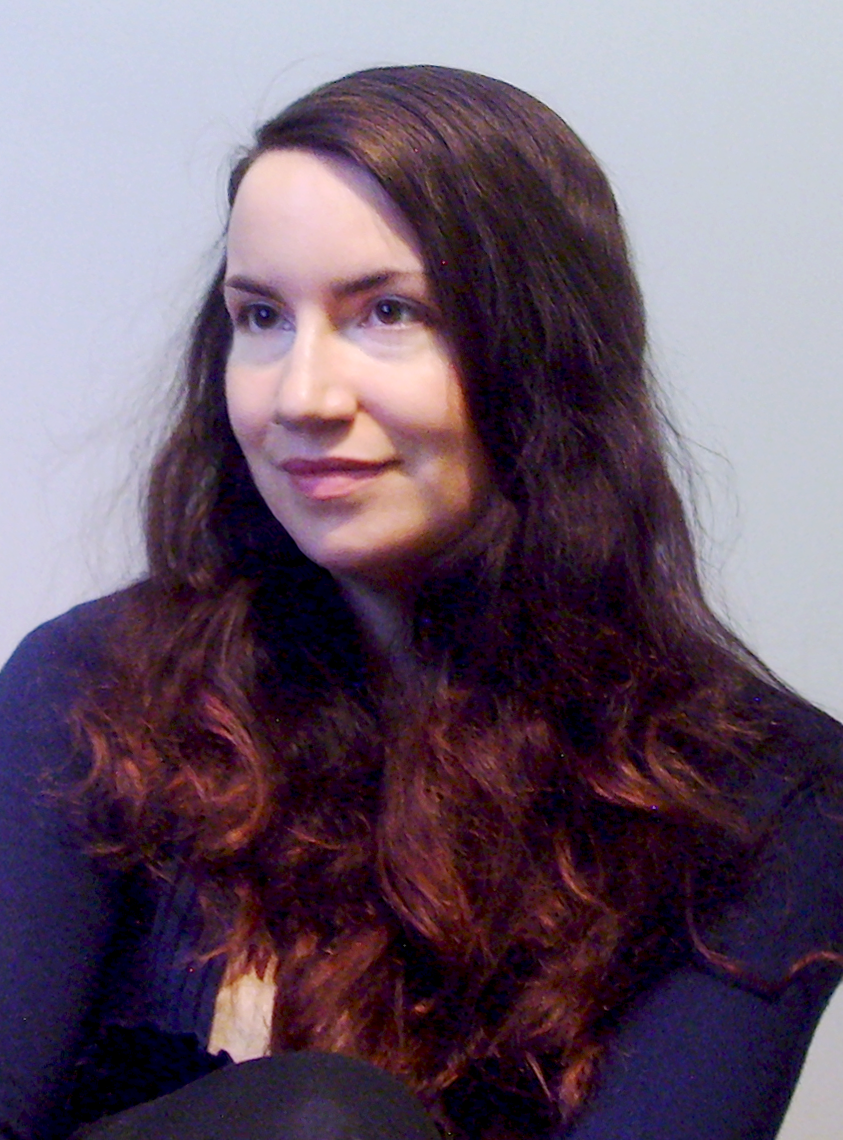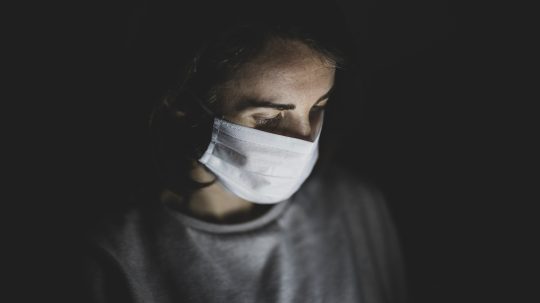“It’s very deeply embedded that in society you have sick people, they go through this ritual of medicine and then they’re well – that is what people are supposed to do,” said Long COVID patient and campaigner Barbara Melville. “People with Long COVID aren’t doing that.”
After identifying a lack of location-specific campaigning for Long COVID patients in Scotland and feeling like she had been “left at home to die”, Melville was one of the founding campaigners in Long COVID Scotland. “A few of us started to get together and talk about what we could do from a campaigning perspective. And it was, well, not a magical time in terms of the pandemic but an amazing time in terms of the stuff that we got done.” The organisation campaigns to raise awareness of the condition, to improve therapies and research, and advocates for the government to improve its messaging around the silent crisis amidst the coronavirus pandemic.
A patent-coined name, Long COVID refers to symptoms following a COVID-19 infection that last for more than four weeks. It is an umbrella term that defines a wide array of symptoms, care opportunities and experiences. Long COVID can be used by a broad range of COVID-19 patients, including hospitalised or non-hospitalised patients, people with initially mild infections that develop long-term symptoms later on, and people with visible organ damage or post-ICU syndrome.

